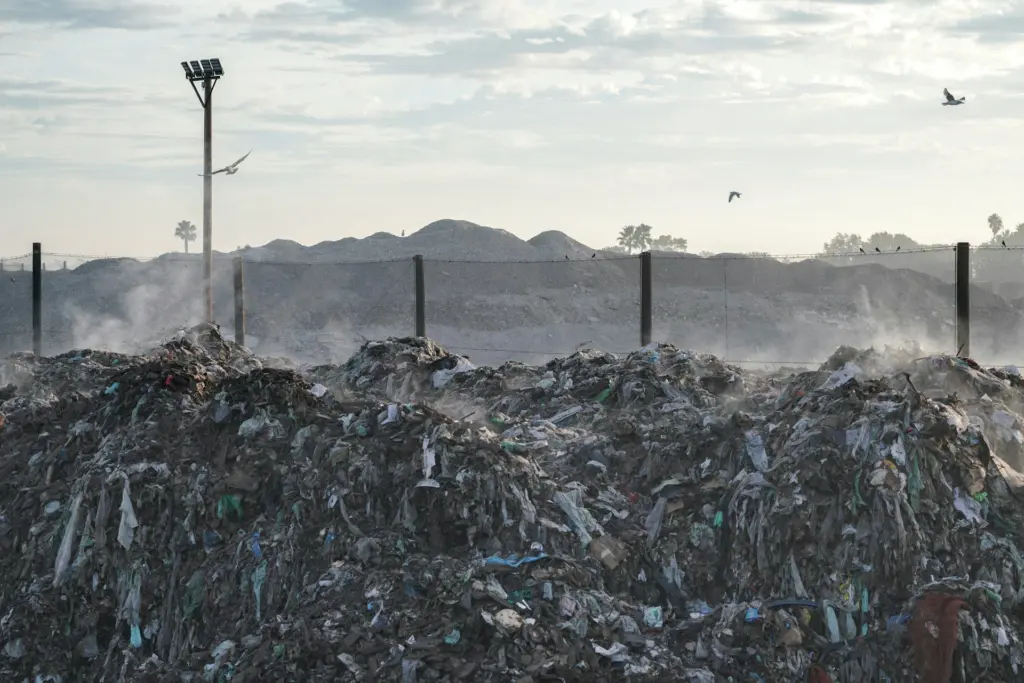PULLMAN, WA – Washington State University researcher Qiaowan Chang has been awarded a $110,000 grant from the American Chemical Society (ACS) to develop a more efficient method for converting waste methane into useful chemicals.
Chang, an assistant professor in the Gene and Linda Voiland School of Chemical Engineering and Bioengineering, is working on a process that uses electricity and catalysts to break down methane more efficiently — potentially offering an alternative to the current practice in remote areas of burning it as waste.
The two-year grant, funded by the ACS Petroleum Research Fund, supports early-career faculty conducting fundamental research in the petroleum field.
Methane, the primary component of natural gas, accounts for about half of the world’s petroleum reserves. While it can be economically transported via pipelines in high-production areas like Texas and Louisiana, methane extracted in remote regions often goes unused due to low production volumes, lack of infrastructure, and high processing costs. As a result, the gas is frequently flared, releasing greenhouse gases that contribute to climate change.
Methane can work as fuels and chemical feedstocks to be converted to other valuable chemicals, but it’s only possible if it’s economically viable in specific regions.
Qiaowan Chang, assistant professor
Washington State University
“Methane can work as fuels and chemical feedstocks to be converted to other valuable chemicals, but it’s only possible if it’s economically viable in specific regions,” said Chang. “In remote areas, it takes a lot of the money and a large amount of infrastructure for it to be utilized.”
Chang’s research aims to use renewable electricity, such as solar or wind power, in a low-energy catalytic process to break methane’s strong carbon-hydrogen bonds at room temperature and low pressure.
“The chemical structure of methane is very stable and difficult to break,” she said. “If we can break the carbon-hydrogen bond in methane, we could use this method to exploit other alkenes, such as ethane, propylene, and even plastic. The challenge in making this transformation is that we really want it to happen at mild conditions.”
Chang is looking to develop small, modular reactors powered by renewable energy that could convert the methane into value-added products such as alcohols and formic acid.
“Alcohol such as methanol can be used as raw materials for the chemical engineering industry,” she said.
Formic acid, meanwhile, is a convenient way to transport and store hydrogen in a handy way. The hydrogen can then be used to produce electricity in hydrogen fuel cells.
“This work aims to provide a more sustainable and energy-efficient alternative to conventional methane treatment processes,” she said.





